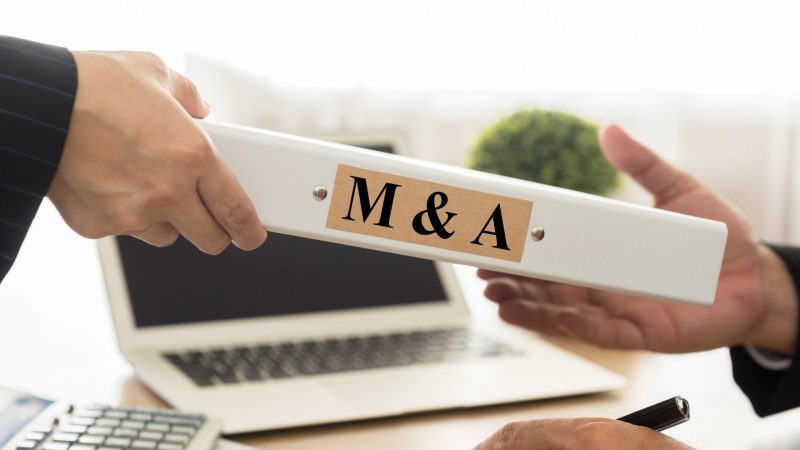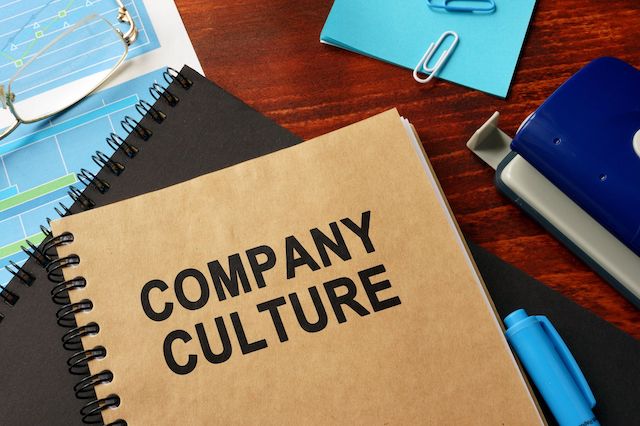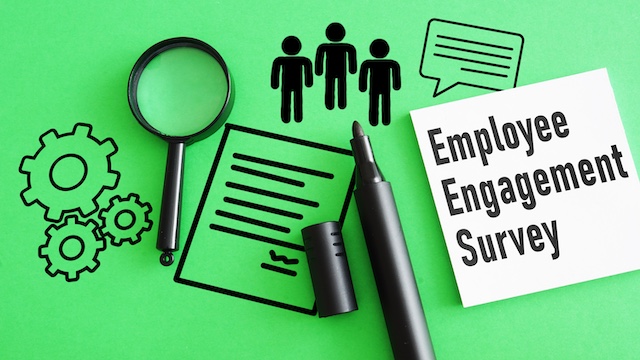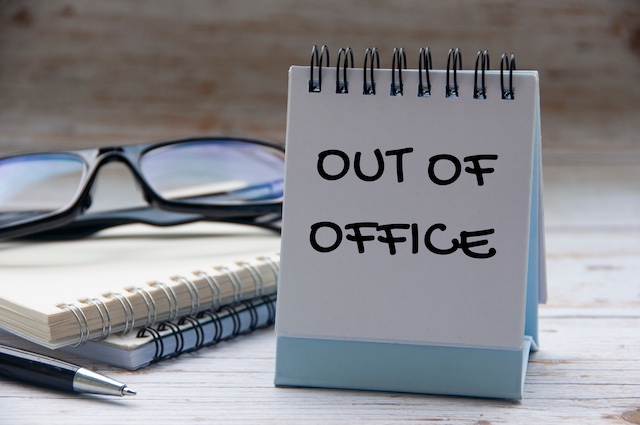The decisions made by an organization often have a rippling effect that impacts its entire workforce. This is especially true when it comes to mergers and acquisitions. Employees who work in companies during these transitional periods may feel wary about the impact such events will have on their position and working environment. Thankfully, an HR team can help employers face the people-related challenges of a change of corporate structure. The decisions made by an organization often have a rippling effect that impacts its entire workforce. This is especially true when it comes to mergers and acquisitions. Employees who work in companies during these transitional periods may feel wary about the impact such events will have on their position and working environment. Thankfully, an HR team can help employers face the people-related challenges of a change of corporate structure.
In this guide, we explain exactly what the role of HR is during a merger and/or acquisition. We also outline just how crucial these individuals and teams can be in ensuring a merger or acquisition is implemented as seamlessly as possible when it comes to the workforce.
What is the Role of HR in Mergers and Acquisitions?
Your business’ HR department can make a significant difference in how an acquisition impacts your employees. However, those in HR can face a number of challenges when doing this. They are there to assist employees with navigating through the changes brought on by a merger, such as new workplace policies or major differences in the organization’s structure and culture, and layoffs.
Failing to properly address these changes and not having resources in place that make it easier for team members to acclimate to their new workplace may lead to severe repercussions for your company. These could include higher turnover rates or decreased employee motivation. HR departments can combat these risks by addressing any concerns head on and being as transparent as possible. This process will typically involve putting systems in place that allow HR members to explain the reasons behind any changes in a face-to-face settling. During these meetings, HR staff should look to reassure and comfort employees by also explaining how the organization plans to reduce any negative impact to employees brought on by the changes. This can help to ensure your organization’s merger or acquisition faces less resistance from employees.
Why Is HR Important During Mergers and Acquisitions?
Aiding in the due diligence process
Companies can prevent unwanted stress resulting from their mergers and acquisitions by involving their HR department in the due diligence process. During the due diligence stage, buyers investigate the organization they will be acquiring to check on details like its valuation and credentials. Those on your HR team can look out for potential issues and red flags during this investigation, such as if there are major differences in employee benefits and contracts between the two businesses that could cause issues post-merger.
HR employees should also be transparent about the changes incoming professionals will face after a merger or acquisition rather than giving them an unpleasant surprise once the deal is completed. Representatives from HR should be available to answer any questions people may have about their potential new employment situation.
 Maintaining company culture and employee morale
Maintaining company culture and employee morale
There may be situations where the cultures of two merging organizations clash, which can lead to a directionless or hostile work environment. Your HR department can help you define and maintain a strong company culture by educating all professionals about workplace expectations and enforcing said expectations to ensure a smooth post-merger integration. HR employees may also create new mission statements that shape your brand’s new combined culture.
Sudden changes in the workplace can cause some employees to become less motivated and engaged in the organization. Your HR team may help employees by helping them to understand how their role within the new organization will impact its success. Understanding how their contributions will be important can help to motivate employees. HR can also improve their morale by offering resources that assist with career development, for example. Giving people access to coaches and workshops can keep them involved with the company and help them find motivation in their new work environments.
 Helping employees to adapt
Helping employees to adapt
The assistance offered by your HR department will help employees adapt to any changes relevant to their positions. Members of HR can discuss these changes with your workforce to walk them through the significant shifts. They can also recommend options for employees who feel dissatisfied with their new roles in a merged organization. This could include taking workshops to acquire new skills the employee might not have needed previously.
If the merger or acquisition causes some employees to be let go, your HR department can provide outplacement services that help them find success in a different position. Offering support to your professionals will let them leave on a positive note and reassure remaining employees that the organization cares about its team members.
Mergers and acquisitions are major events that can help companies grow and improve their profitability. However, it’s important to remember the impact these decisions will have on your employees. Giving your HR team a role in the process to work with your professionals can reduce the stress of transitioning into a newly merged workplace and ensure a smoother integration. INTOO helps employers of all sizes with cost-effective solutions for every stage of the employee lifecycle, including candidate experience, career development, and outplacement services. Contact us to learn how we can make a difference for you and your employees.


 Maintaining company culture and employee morale
Maintaining company culture and employee morale Helping employees to adapt
Helping employees to adapt








